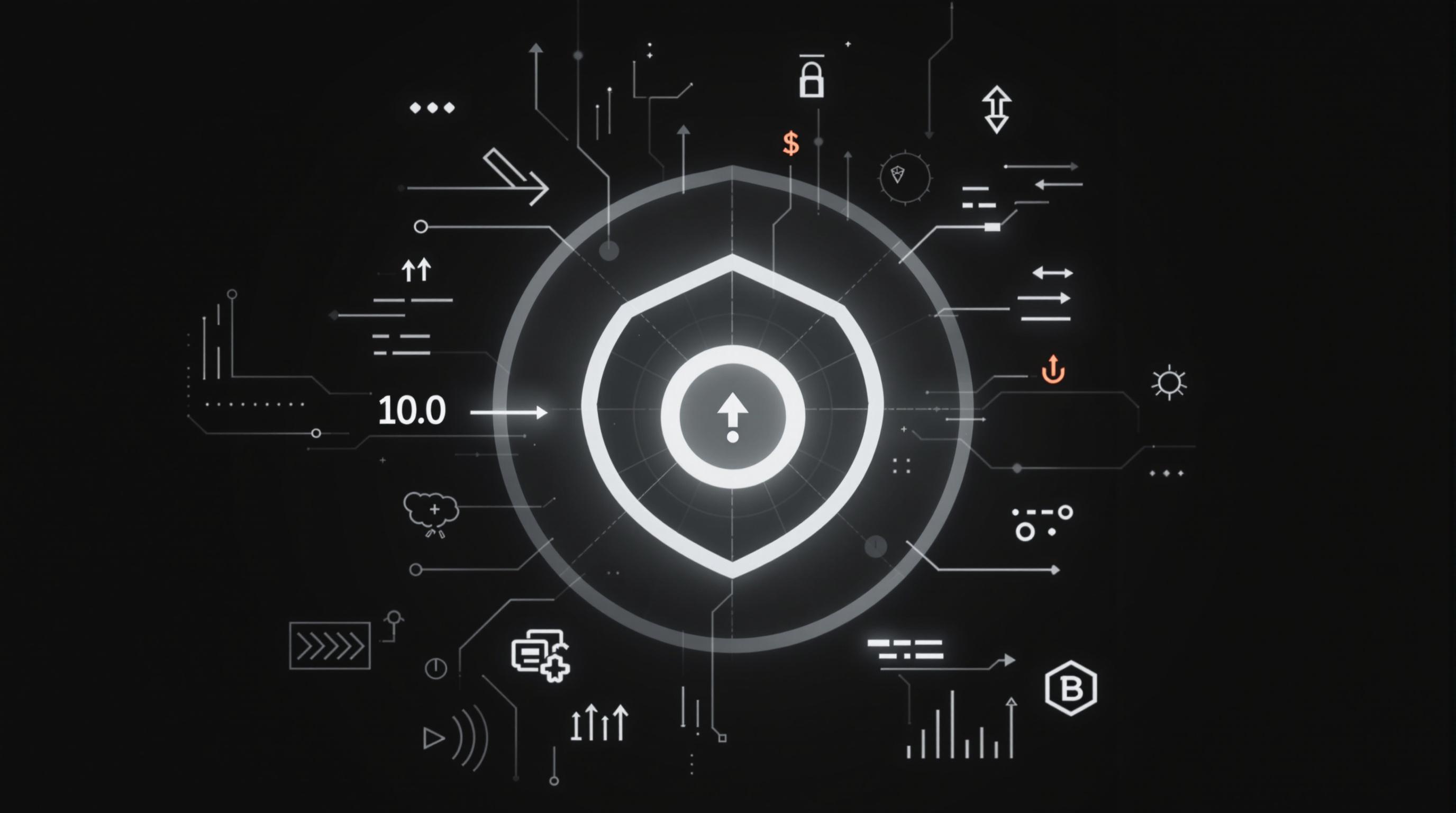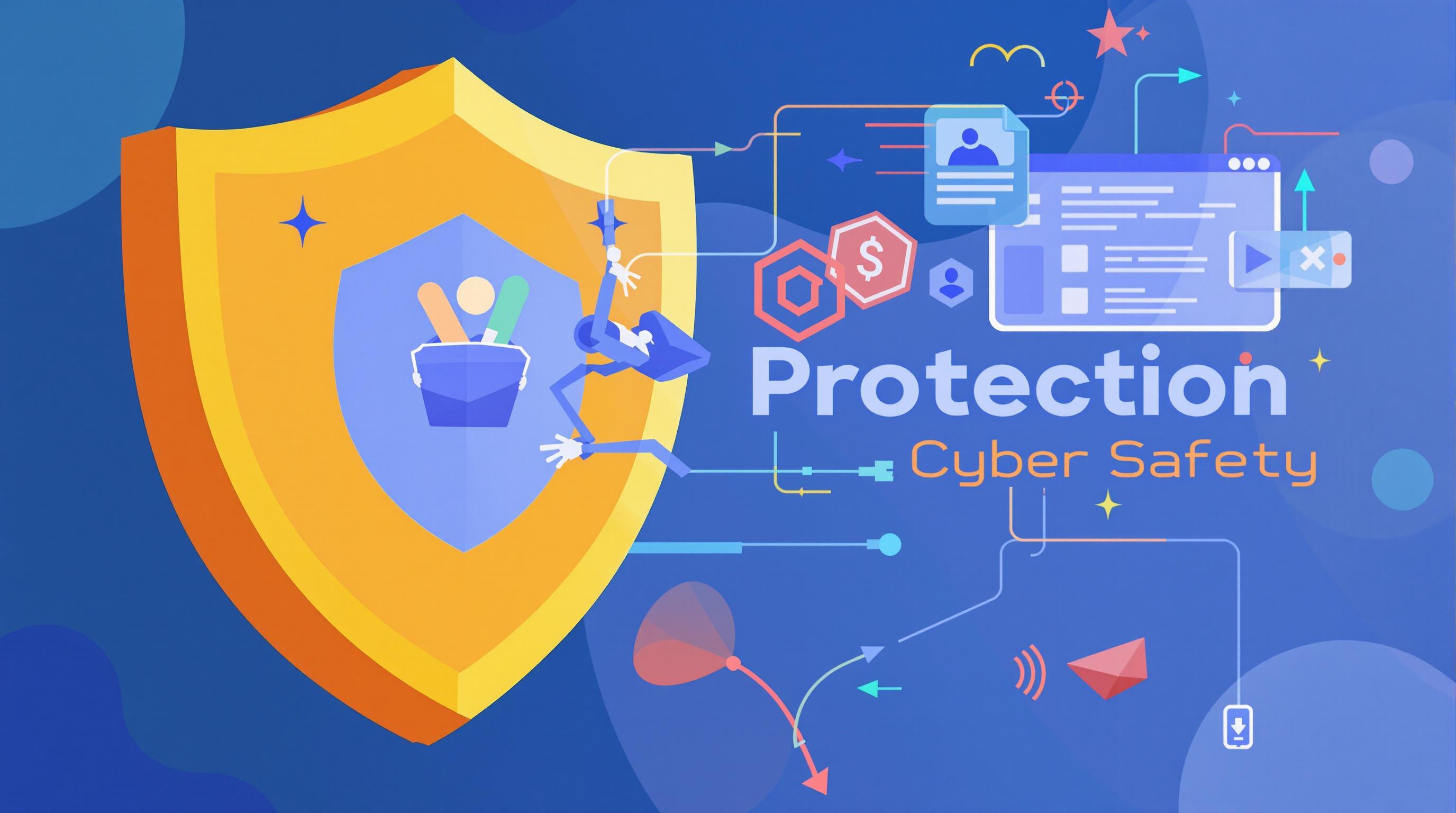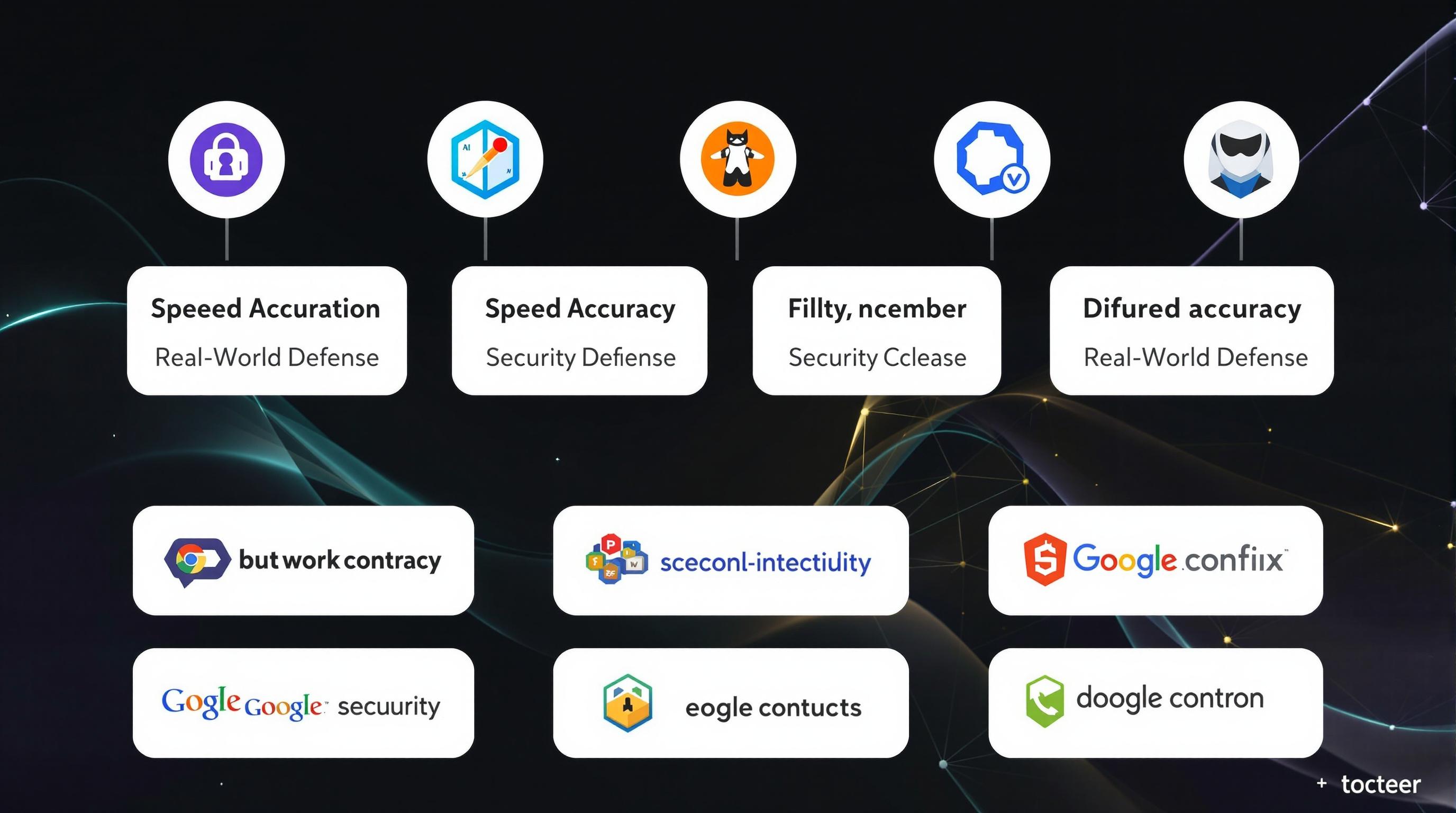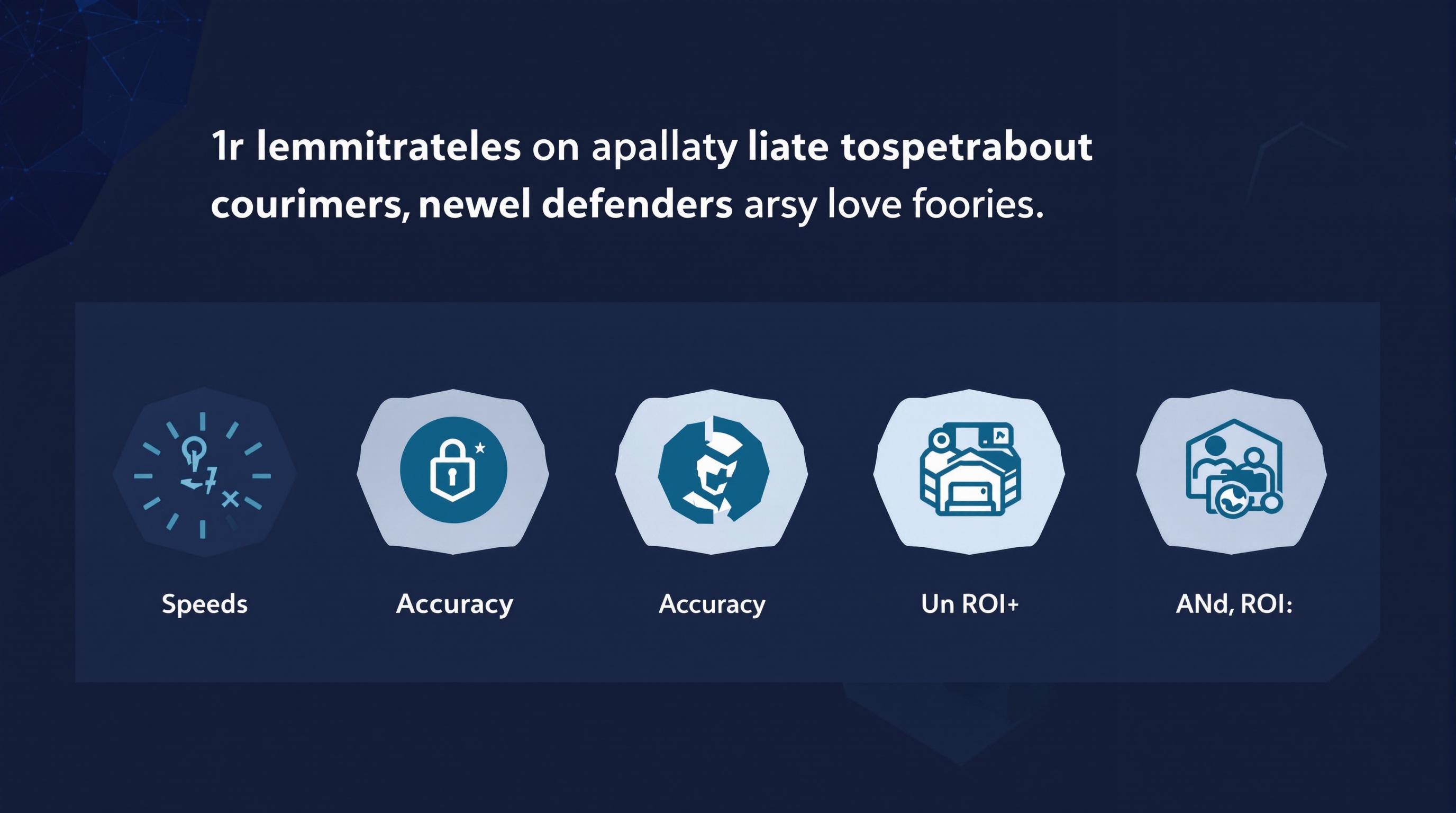Related Articles
- 8 Innovative Password Safes Released Since 2019 Changing How We Protect Our Digital Lives
- Top 6 Revolutionary Password Vaults Debuting Since 2019 That Are Disrupting Cybersecurity Norms
- 7 Innovative Browsers Released Since 2019 That Redefine Online Confidentiality and User Control
- Exploring Psychological Barriers to Adopting Enhanced Mail Safeguards Among Diverse User Groups
- Top 6 Privacy-Focused Browsers Launched Since 2019 That Outsmart Data Trackers Effortlessly
- How Antivirus Software Influences Environmental Footprints: Assessing Energy Use and Electronic Waste Trends
Top 6 Emerging Antivirus Contenders from the Last Five Years Disrupting Traditional Cyber Defense Norms
Top 6 Emerging Antivirus Contenders from the Last Five Years Disrupting Traditional Cyber Defense Norms
In the rapidly evolving landscape of cybersecurity, six innovative antivirus solutions have emerged in the past five years, challenging old paradigms and redefining how we protect digital environments. From AI-driven detection to cloud-native defenses, these contenders are not just tools but game-changers in cyber defense.
A Fresh Look at Cyber Defense: AI-Powered Vigilance
SentinelX, founded in 2019, epitomizes the cutting edge of AI integration into antivirus technology. By leveraging deep learning, SentinelX doesn't just scan for known malware signatures—it predicts emerging threats by analyzing behavioral patterns across millions of devices globally.
Their proprietary algorithm, SentinelIQ, reduces false positives by 40% compared to traditional antivirus engines, according to a 2023 independent audit by CyberSec Labs. This drastically improves user experience, avoiding unnecessary system slowdowns.
From My Desk as a 28-Year-Old Tech Enthusiast to You
Hey, if you're like me, stuck between wanting bulletproof security and a software that doesn’t hog your laptop’s soul, you’ll appreciate what companies like CloudGuardAI bring to the table. Launched in 2020, CloudGuardAI uses cloud-based analytics to offer real-time updates and adaptive defense mechanisms that learn on the fly.
Imagine your antivirus evolving with the malware it defends against—pretty cool, right? This is a game-changer, especially for students and young professionals who rely heavily on cloud services and can’t afford downtime or privacy breaches.
Case Study: How CyberDefend Pro Stopped a Ransomware Outbreak in its Track
In late 2022, a mid-sized financial firm in Europe was hit by a sophisticated ransomware attack aiming to encrypt client data. Traditional antivirus suites failed to detect the new variant fast enough.
Enter CyberDefend Pro, whose behavior-based detection flagged and isolated the threat within minutes, preventing widespread damage. Their success story highlights how heuristic and anomaly detection approaches transcend signature-based models, emphasizing the importance of adaptive defense in today’s threat environment.
Breaking Away from the Norm: The Rise of Decentralized Antivirus
BlockShield, a startup from 2021, is pioneering a blockchain-based antivirus platform. This highly decentralized model allows a network of users to collectively verify the integrity of files and applications, creating a tamper-proof reputation database.
According to BlockShield's whitepaper, this approach reduces the chances of single-point failures and censorship while increasing transparency. Though still emerging, it’s poised to disrupt centralized antivirus vendors entrenched in the market for decades.
Casual Observations from a 45-Year-Old IT Consultant
Let me tell you, in my two decades of cybersecurity consulting, I’ve rarely seen innovation like this shake the traditional antivirus space. Companies such as RevoShield meld machine learning with cloud defense while maintaining user privacy—a tricky balance indeed.
RevoShield’s transparent data policies and on-device analytics have earned accolades from privacy advocates and industry experts alike, signaling a promising direction for antivirus solutions catering to privacy-conscious users aged 16 to 70.
The Numbers Don’t Lie: Why These Contenders Matter
Recent reports reveal that globally, malware attacks have increased 15% annually since 2018, with new strains appearing faster than ever before (Source: Cyber Threat Intelligence 2023).
Traditional antivirus software, relying primarily on signature updates, often lags behind the evolving threat landscape. These six challengers harness technologies like AI, blockchain, and behavioral heuristics to stay ahead, demonstrating superior detection rates up to 98% in lab environments (Independent Cybersecurity Review 2024).
A Humorous Take on the Antivirus Revolution
Imagine your old antivirus as that one well-meaning but slightly out-of-touch uncle who still thinks a floppy disk is cutting-edge tech. Now, picture these new contenders as the savvy millennials who showed up with AI-powered gadgets, blockchain wallets, and an espresso machine.
It’s a bit like moving from riding a bike to a Tesla in the cyber defense race—speed, smart features, and a heck of a lot more style.
Global Impact: How Emerging Antivirus Firms are Democratizing Security
Not all advancements are tech-heavy; some are social. SafeNet Innovators, recognized for their focus on developing markets, offers lightweight antivirus solutions optimized for low-bandwidth environments.
By partnering with NGOs and governments across Asia and Africa, SafeNet has increased cybersecurity awareness and protection for over three million users within three years, a staggering feat that underlines how innovation also means accessibility.
Final Thoughts: A Paradigm Shift in Cyber Defense
These emerging antivirus contenders exemplify more than just new software—they represent a fundamental shift toward smarter, faster, and more inclusive security models. From AI-enhanced vigilance to blockchain transparency and cloud-native agility, they challenge the status quo and offer hope against sophisticated cyber threats.
For anyone from teenagers to seasoned professionals, adapting to this new era means embracing these innovative tools to safeguard our digital lives effectively.




